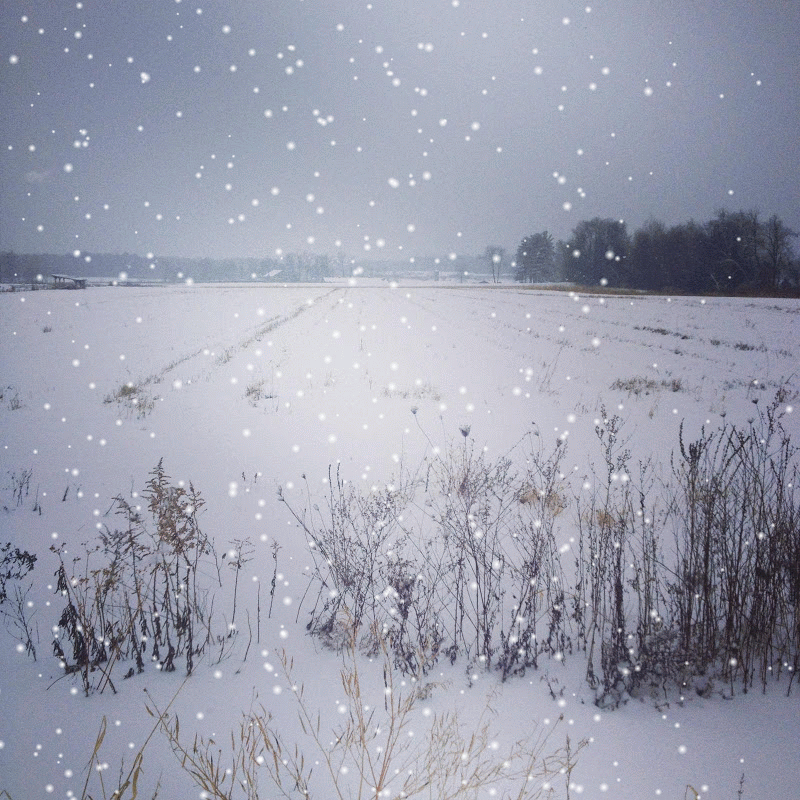Veterans and Gardening
“Reggie
Mourning wears a Marine Corps sweatshirt and two 9-millimeter pistol rounds on
a chain around his neck. There’s an M14 round hanging from his keychain. His
tour of duty with a mortar unit in Vietnam was long in the past, but never
really ended.
After
coming home, he worked for years as a trucker with the jagged rhythms of the
war zone wired into his brain — sometimes barreling cross-country, drunk and
stoned, with only his dog as a companion. In 2007, sick, exhausted, on his way
to becoming homeless, he made it to the substance abuse program at the Veterans
Affairs Medical Center near Newark. “(New York Times, November 30, 2009)
So
what does this have to do with gardening?
Plenty! Gardening is therapeutic
for many, military or not. It’s a chance
to play in the dirt, get back to basics and just…be. Not only that, but I would guess that for
veterans, it provides familiarity. The
familiarity provided by taking care of
the plants as they did their comrades in war - unconditionally;
performing their duties no matter what because lives depend on them and then
sharing the benefits of a job well done.
Reggie
was one of the lucky ones from the military who got to experience the joys of
gardening first hand. Veterans Affairs
had undergone a change in an effort to offer a more holistic approach to some
of their treatments. They had partnered
with an organization called Planetree, a non-profit group offering a
patient-centered holistic approach to health services. Out of this effort and a series of events
came the center’s vegetable gardening program and the process of learning that
by growing food for one another, they could learn other things, like how to
heal from the wounds of war.
That
first year, even with size limitations, they dug 20’x50’ plots in between the
medical center’s buildings and grew and harvested over 1000 pounds of
produce. They shared it with other
patients and also used it at their “Foxhole Café” within the medical
center.
For
many veterans, gardening was less about growing food and more about learning
about themselves. So many veterans come
home and have difficulty re-integrating themselves into their former lives
after such traumatic action overseas.
“With two protracted wars at a time when military suicides are at record
levels, with psychic and physical damage on a scale threatening to swamp the
veterans’ system, an urban garden at one medical center gets you only so far.
Mr. Mourning shudders at today’s multiple tours of duty and thinks veterans
desperately need a job corps for training and finding work.”
So
gardening is just a small part here, but it’s one that can help make a
difference. Get involved. If you know someone who needs help, get
started digging….perhaps a community garden is a great way to go, or just a
small garden at home. You’ll be
surprised at how many lives you can affect by just trying to help one. Research your local resources and get your
friends together to help out. Our
military friends have done so much for us.
They have sacrificed their lives for our freedom. Be sure to thank them and let them know you
care.
From
our home to yours, thank you for your service.
We owe our lives to you. May God
bless you.
To
read the article from The New York Times in its entirety, visit http://www.nytimes.com/2009/11/30/nyregion/30towns.html




Comments
Post a Comment
Thank you for your comment! We appreciate them all and will publish your comment shortly. Thanks for visiting!